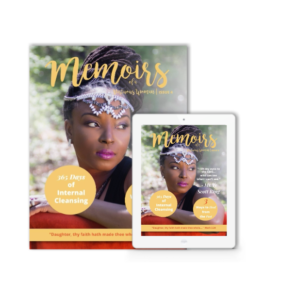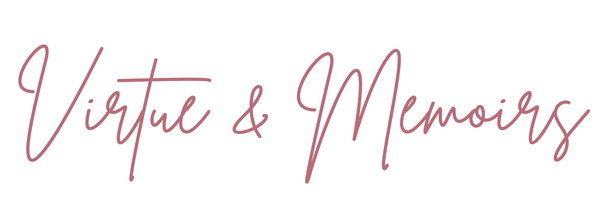
One of my favorite things about running a blog is the sense of community that I feel with my readers, especially when they write me either to say how much they appreciate the content or to ask a question. A question that I have received repeatedly lately, in one way or another, is “how do I find my purpose?” Off the back of this, I was inspired to share 5 things that the Bible says about our purposes and how to find them. These are detailed below:
#1 Our purpose is and was predestined
According to both Jeremiah 1:5 and Psalm 139:13-16, God fore-knew us before we existed in our mother’s wombs and also predestined us. By definition, this means that He has destined us for a particular purpose or fate. That being the case, it makes sense that the first step to ascertaining your purpose would be to ask God what it is in prayer.
#2 We were made “for such a time as this”
Not only are our purposes predestined, the story of Esther teaches us that it is meant to be fulfilled “for such a time as this” (Esther 4:14). In other words, our time of birth; when and where we exist in the world is not an accident because, like David, we are called to “serve [our] generation by the will of God” (Acts 13:36).
#3 Our purpose requires us to solve a problem
Serving our generation by the will of God often requires us to solve a problem; provide a service to others or solution of some sort. For example, if we continue to talk about Esther and David, they both did this. Esther (a fore-shadow of Christ) acted as mediator between the King and her people, saving them from death. Although David provided many a service, arguably the most well-known is as the protector of his kingdom against the Philistines- Goliath in particular.
Knowing this, a good question to ask yourself would be: is there a problem that I could be the solution to? It sounds like a huge existential question, I know, but what it really boils down to is the following:
What am I the go-to person for, amongst my family and friends?
For example, what do your friends and family typically ask you to help them with? How are you already providing a service or solution? To use myself as an example, I tend to act as an agony aunt or a sounding board for my loved ones- especially if they want a Biblical perspective. Answering my reader’s questions is therefore just an extension of this for me.
Is there something that I really can’t stand seeing done wrong, badly or at all?
What this all comes down to is what can’t you stand or what would you change if you could? When we hear that we should follow our passions, we tend to think about the things that we like. However, passion can also work in reverse. This means that (in the words of the Honda advert of my youth) we can “hate something” so much that we become motivated to “change” it and “make [it] better”. This was exactly the case for me when launching my website in late 2016. What is that thing for you?
#4 Our purposes require the use of our gifts to the glory of God
Often, when we hear that we should use our gifts for the glory of God, we feel that this should occur within some sort of church ministry or department. This is all good and well however, it is also worth noting, that God has not just called us to stay within the confines of church walls. He has called us to be like yeast. infiltrating and influencing the world with our skills in order to “redeem the times” (Ephesians 5:16).
This is exactly what David, Esther and many of the pillars of the faith did. For example, David had many talents including:
-
Fighting (1st Samuel 17:12-54; 2nd Samuel 8; 1st Chronicles 18)
-
Composing songs (he is accredited with writing the bulk of the book of Psalms)
-
Playing instruments (1st Samuel 18:10; 1st Samuel 19:9)
-
Shepherding (1st Samuel 17:15; 1st Samuel 16:11-13)
-
Prophesy (he fore-told the events of Jesus’ life many times through scriptures such as Psalm 16:10).
Also, Esther used the platform that her beauty, relationship and influence with the king gave her to save her people, causing both of their contemporaries to “glorify [their] father in heaven” (Matthew 5:16).
These Biblical examples demonstrate a few other things about purpose, as it relates to our gifts, as well. For example:
-
Some people, like David, are “multipotentialites” meaning that they have many areas of interest and expertise. He therefore dispels the myth that we need to pick and stick with one thing to avoid being a “jack of all trades and a master of none”.
-
Our gifts cannot always be pinned down to concrete skills such as fighting and/or composing songs. Sometimes, as in Esther’s case, our gifts are abstract qualities such as our relationships, network or influence.
However, whether you have one gift, many like David or abstract ones like Esther, your gift will always be “a natural ability or talent”. Therefore, some questions to ask yourself are:
-
What am I able to do quite naturally that other people seem to struggle with or in?
-
What could I do all day long without getting bored or tired?
-
Which activities or hobbies energise me the most?
-
What would I happily do for free or if money was not an issue?
Typically, because our gifts come to us so naturally, we can be blind to them. Therefore, it may be best to ask trusted loved ones with keen insight into you how they would answer these questions about you too.
#5 God’s purpose will prevail
The idea of “finding ourselves” has become a heavily romanticised concept in recent years, with films such as “Eat, Pray, Love” and so on. However, as David and Esther demonstrate, as much as finding your purpose can be an exhilarating experience- it also tends to be bigger than us. It also tends to come with sacrifice(s) and risks. Like Jonah, we may try to deny and even retreat from what God has called us to do because of these things but it’s worth remembering that His “purpose will prevail” (Proverbs 19:21). Therefore, the best thing for us to do is to surrender to it like Jesus did.
About the Author:
Nina Dafe is the founder and editor of the Faraboverubiescollection.com, and author of “The Ultimate Guide to Eve”. Her mission is to help women understand God’s blueprint to womanhood and become the woman He ordained them to be. Start her free email course “Understand God’s Blueprint for Womanhood in 5 Days” now!
Have You Read Our Latest Magazine?
If features articles and interviews surrounding healing from past wounds. Get yours in print or digital HERE.

August 30, 2017

